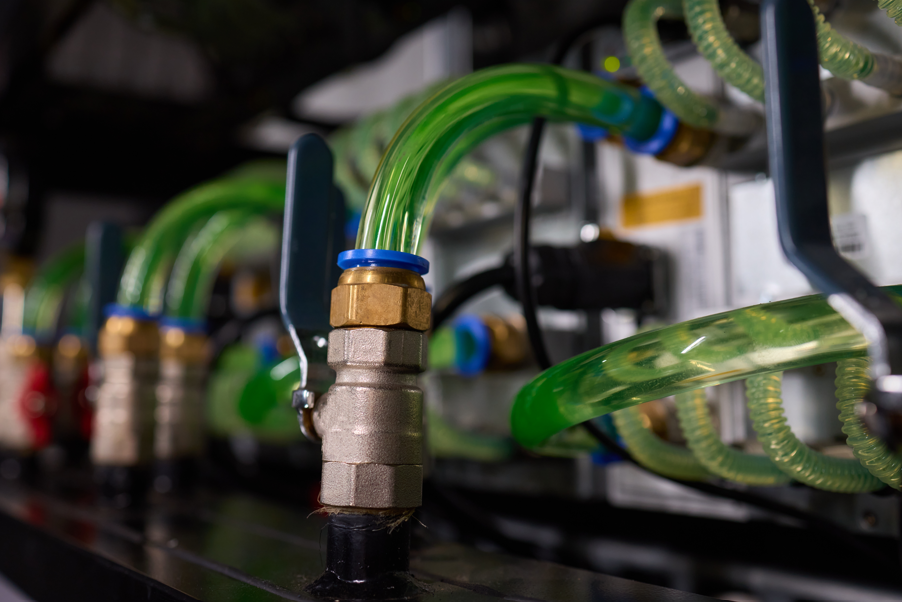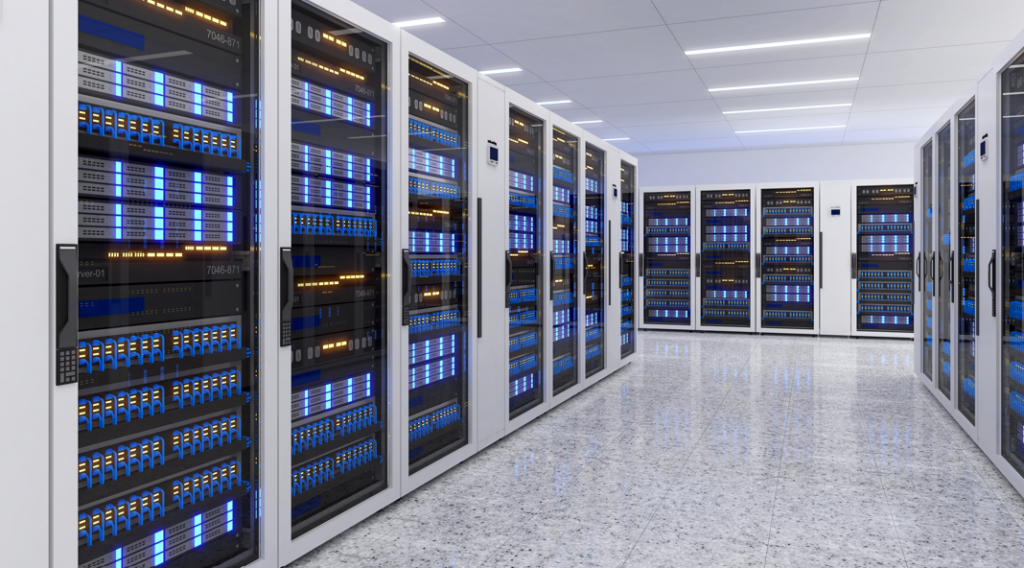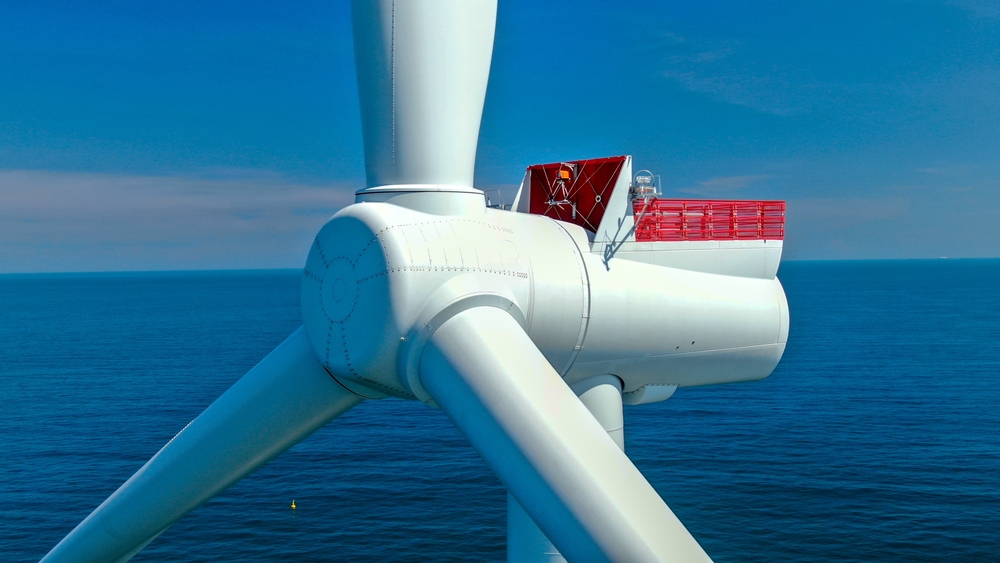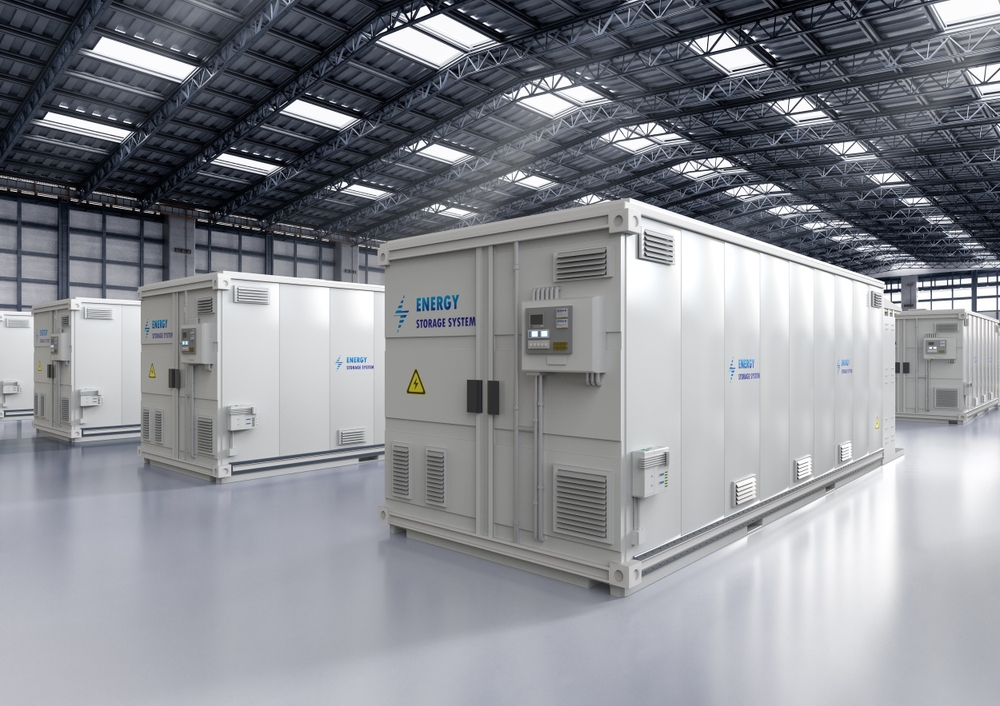Businesses and organisations worldwide are seeking energy consultancy services to optimise performance, reduce operational costs and meet stringent sustainability targets. In this insight, we explore the latest trends in data centre design that improve energy efficiency while aligning with global sustainability initiatives.
The Growing Need for Sustainable Data Centres
Data centres consume vast amounts of energy, with some of the largest facilities using as much electricity as a small city. The global push for carbon neutrality has led to stricter regulations, encouraging businesses to explore greener alternatives.
Key drivers for energy-efficient data centres include:
- Regulatory pressure: Governments are implementing stricter energy efficiency and carbon reduction policies.
- Corporate sustainability goals: Companies are aiming for net-zero carbon emissions.
- Rising energy costs: Higher electricity prices are making efficiency improvements essential for cost reduction.
- Consumer demand: Businesses face increasing scrutiny from environmentally conscious customers.
With this in mind, data centre design must prioritise energy-efficient technologies and renewable energy sources to stay competitive.
Key Trends in Energy-Efficient Data Centre Design
Liquid Cooling Technology
Traditional air-based cooling methods are being replaced by liquid cooling, which is far more energy-efficient. Unlike conventional systems that rely on fans and air circulation, liquid cooling solutions use water or special coolants to dissipate heat.
Benefits of Liquid Cooling:
- Lower energy consumption compared to traditional HVAC systems.
- Improved heat dissipation, reducing the need for extensive air conditioning.
- Higher server density allows for more computing power in a smaller footprint.


AI and Automation for Smart Energy Management
AI-driven automation is revolutionising data centre energy management. Machine learning algorithms analyse power consumption patterns and adjust systems for maximum efficiency.
AI Applications in Data Centres
- Predictive maintenance: Identifies and resolves issues before failures occur.
- Dynamic cooling adjustments: Optimises temperature controls based on real-time data.
- Power usage monitoring: Ensures minimal waste and optimal performance.
By integrating AI-driven energy consultancy solutions, businesses can significantly lower energy costs and improve sustainability.
Modular Data Centres for Flexibility and Efficiency
Modular data centre design is gaining popularity due to its scalability and efficiency. Unlike traditional, large-scale data centres, modular facilities can be deployed quickly and expanded as needed.
Why Modular Design Works
- Energy-efficient components reduce waste and optimise performance.
- Compact design minimises real estate and resource use.
- Easier integration with renewable energy sources such as solar and wind.
Renewable Energy Integration
Transitioning to clean energy is the most impactful way to reduce carbon emissions in data centres. Companies are increasingly adopting renewable energy sources like:
- Solar power: Photovoltaic panels installed on-site or through power purchase agreements (PPAs).
- Wind energy: Off-site wind farms provide sustainable electricity.
- Hydroelectric power: Reliable and consistent energy supply from water sources.
Waldeck specialise in energy consultancy and can help businesses integrate renewable power while ensuring grid stability and cost-effectiveness.
Heat Recovery and Reuse
A significant sustainability trend is heat recovery, where excess heat generated by data centres is repurposed for other applications, such as:
- District heating systems: Supplying warmth to nearby residential and commercial buildings.
- Industrial processes: Providing heat for manufacturing facilities.
- Greenhouse farming: Supporting controlled agricultural environments.
Recycling waste assists data centres by improving energy efficiency and contributes to local sustainability efforts.


Best Practices for Energy-Efficient Data Centres
Adopting sustainable design principles is essential for creating future-proof data centres. Here are some best practices to consider.
Optimising Power Usage Effectiveness (PUE)
- PUE = Total facility energy / IT equipment energy.
- Lowering PUE means improving energy efficiency.
- A PUE of 1.2 or lower is considered best-in-class.
Efficient Server Virtualisation
- Consolidate workloads to maximise resource utilisation.
- Reduce the number of underutilised servers.
- Lower overall energy consumption.
Sustainable Construction Materials
- Use low-carbon concrete and recycled materials.
- Implement green building standards (LEED certification).
- Design insulated, energy-efficient buildings.
Smart Grid and Battery Storage
- Integrate energy storage systems to enhance reliability.
- Use grid-responsive technology to manage power loads efficiently.
- Invest in microgrid solutions for independent energy generation.


Improved Airflow Management
- Implement hot aisle/cold aisle containment to prevent energy loss.
- Use economiser cooling systems for free cooling from outside air.
- Regularly maintain HVAC systems to ensure peak efficiency.
The Role of Energy Consultancy in Data Centre Sustainability
Partnering with an energy consultancy like Waldeck Consulting is essential for achieving sustainability goals in data centre design. Consultants help with:
- Energy audits to identify inefficiencies.
- Carbon footprint reduction strategies.
- Customised renewable energy solutions.
- Regulatory compliance with sustainability laws.
With expert energy consultancy, companies can make informed decisions, optimise data centre performance and meet environmental commitments.
As data centres evolve, integrating energy efficiency and sustainability is no longer optional – it’s a necessity. Adopt AI-driven automation, liquid cooling, modular designs, renewable energy and heat recovery systems, and your business can significantly reduce operational costs and carbon footprint.
Waldeck offer the expert guidance needed to navigate the challenges of sustainable data centre design. Whether upgrading an existing facility or building a new one, investing in energy consultancy ensures a future-proof, eco-friendly data centre.